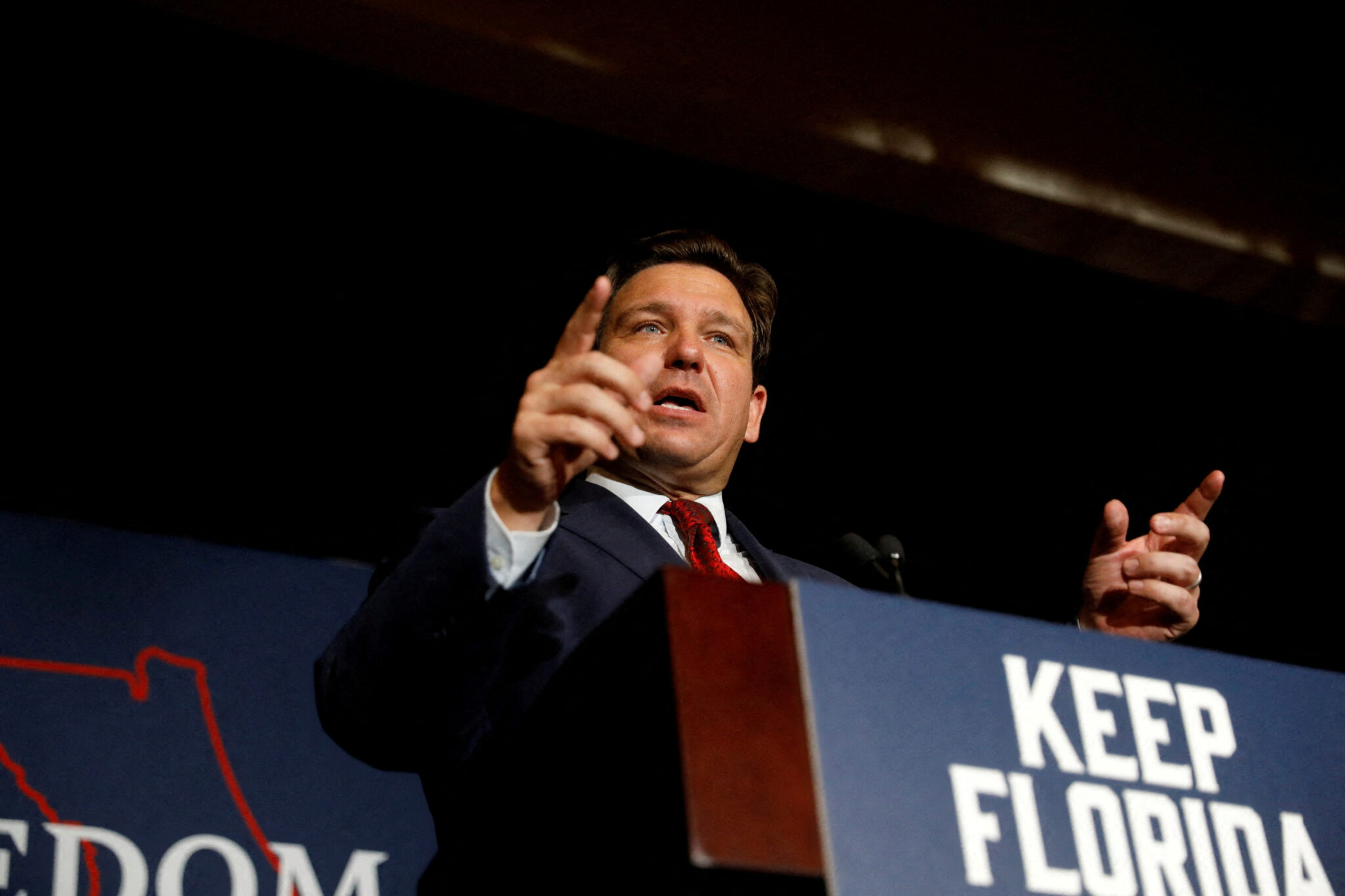On June 30th, the United States District Court for the Northern District of Florida Tallahassee Division granted a request for a preliminary injunction barring Florida from enforcing a new law that substantially limits social media companies’ ability to moderate their platforms.
FL-SB 7072, was signed into law on May 24th and was met with immediate pushback from social media companies. Under the new law, any social media company that “knowingly de-platform[s]” a political candidate for public office or a “journalistic enterprise” could be held civilly liable and face up to $250,000 in fines per day.
On May 27th, NetChoice and Computer & Communications Industry Association, two advocacy groups that represent a coalition of tech companies including Facebook, Twitter, and Google, sued the state. In the lawsuit, the groups argue that the law violated the First Amendment and Section 230 of the Communications Decency Act by “compelling them to host…even highly objectionable or illegal content, no matter how much that content may conflict with their terms or policies.”
In his 31-page ruling, United States District Judge Robert L. Hinkle agreed that the law likely violated the Constitution and federal law.
“The State of Florida has adopted legislation that imposes sweeping requirements on some but not all social-media providers. The legislation applies only to large providers, not otherwise-identical but smaller providers, and explicitly exempts providers under common ownership with any large Florida theme park. The legislation compels providers to host speech that violates their standards—speech they otherwise would not host—and forbids providers from speaking as they otherwise would. The Governor’s signing statement and numerous remarks of legislators show rather clearly that the legislation is viewpoint-based. And parts contravene a federal statute. This order preliminarily enjoins enforcement of the parts of the legislation that are preempted or violate the First Amendment,” Judge Hinkle wrote.
Tags



